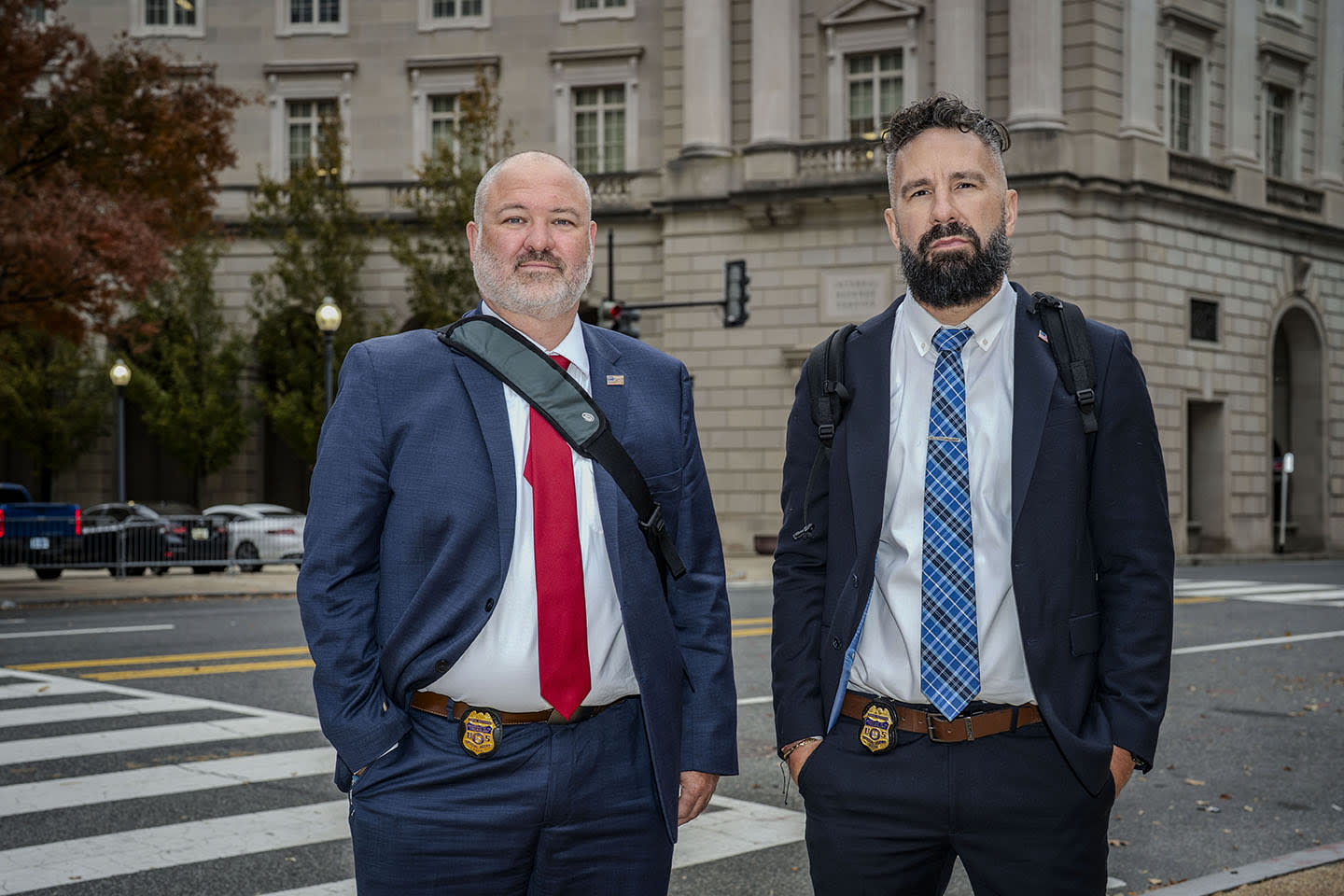Stimulus checks sent to dead taxpayers must be returned, IRS says
The U.S. government has run into a number of glitches in sending stimulus payments to Americans intended to ease the financial pain from the coronavirus, including money going to the wrong bank accounts. The latest hiccup: Some payments were sent to deceased taxpayers, which the IRS now says must be returned.
It's unclear how many dead taxpayers' families and accounts have received the payments, although the number could be significant given that more than 2 million people die in the U.S. each year. The IRS is basing the stimulus payments on either 2018 or 2019 tax returns, which means that a taxpayer who passed away in 2019 could have received a stimulus payment based on their 2018 returns.
The stimulus payments amount to $1,200 for single taxpayers who earn less than $75,000 and $2,400 for couples earning less than $150,000. The IRS this week updated an FAQ about the stimulus checks to alert taxpayers that payments mistakenly sent to the deceased must be returned.
"A Payment made to someone who died before receipt of the Payment should be returned to the IRS by following the instructions about repayments," the agency said.
In the case of married couples where one spouse has died, the surviving spouse should return the portion of the payment made to the deceased spouse. For instance, for couples who earned less than $150,000, the returned portion would be $1,200, while the surviving spouse would keep the remaining $1,200.
Paper checks should be returned by writing "void" in the endorsement section on the back of the check, and mailed back to an IRS office, which depends on which state you reside in. The IRS also asks that you include a note that explains the reason for returning the check.
For direct deposits on behalf of deceased taxpayers, the IRS asks that you send a personal check or money order to the appropriate IRS office (which you can find under Question 41 at this agency site), payable to the U.S. Treasury. Write "2020EIP" and the taxpayer's Social Security number or individual taxpayer identification number on the check, as well as a brief explanation for the return.
"Waste and a burden"
The glitches in sending the stimulus checks have stymied millions of households, including those that are still awaiting their payments. The fact that deceased taxpayers have received the payments while many working Americans still await their checks may strike some as a galling sign of government inefficiency.
"It's critical Americans get relief quickly, but these improper payments represent serious waste and a burden to those who receive them," said Senator Tom Carper of Delaware, a Democrat, on Twitter.
Carper noted that he and other lawmakers have introduced bipartisan legislation that would stop payments sent in error to deceased individuals. In a letter to Treasury Secretary Steven Mnuchin, the IRS and the Social Security Administration, Carper and other lawmakers asked that they provide more information on how many deceased taxpayers received stimulus payments, as well as what steps they are taking to recover the money.



